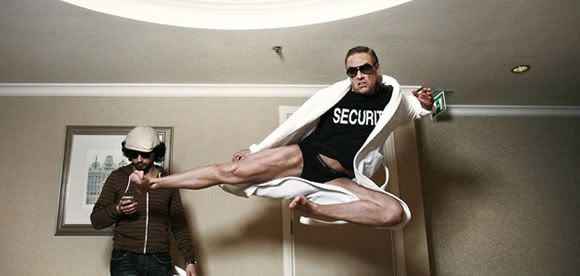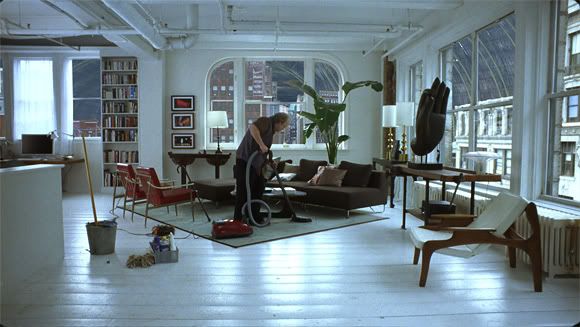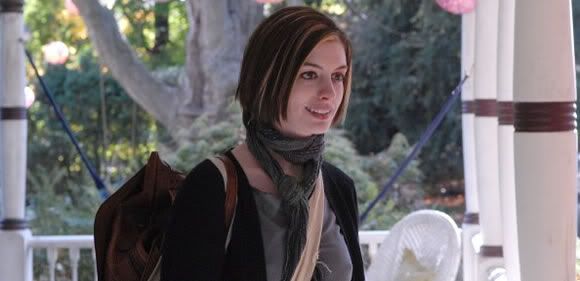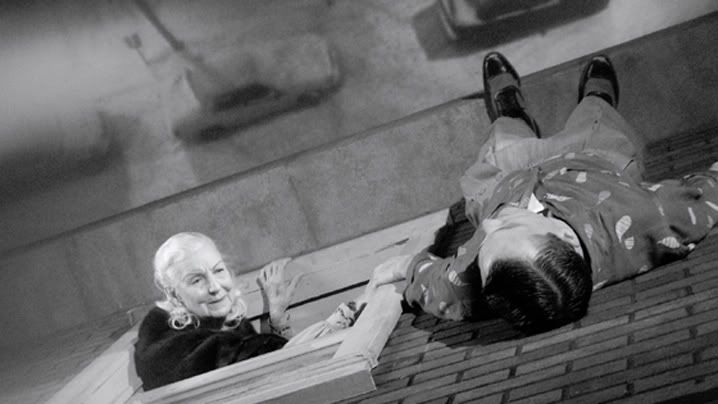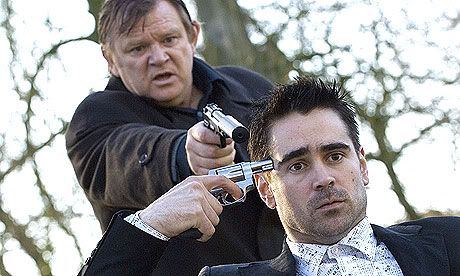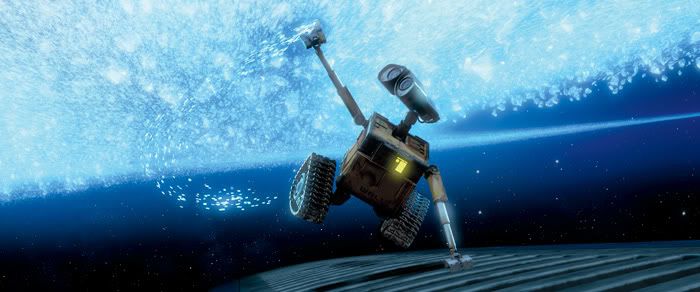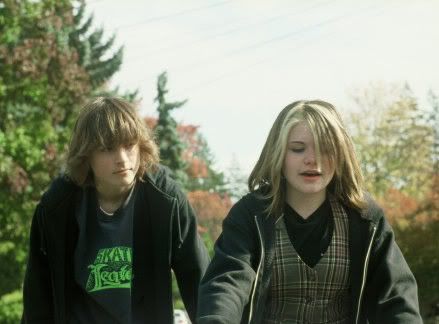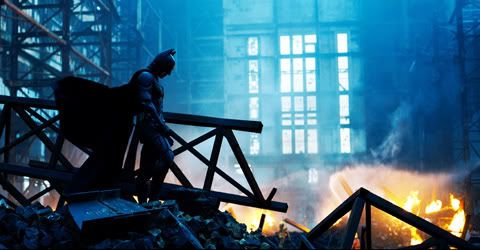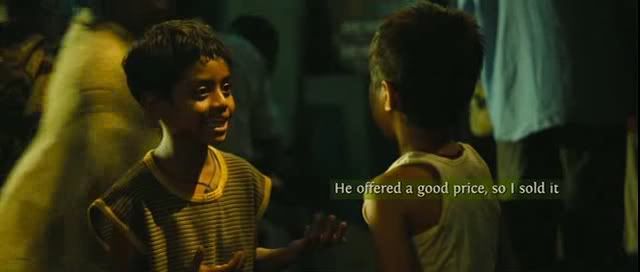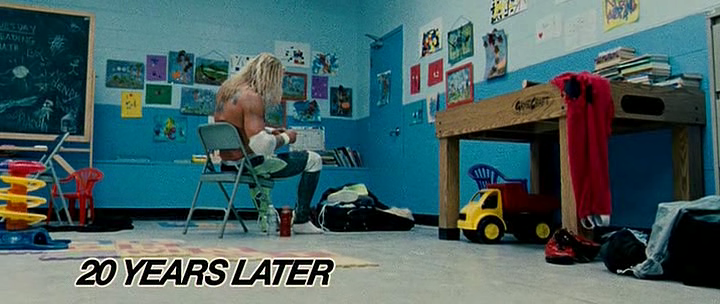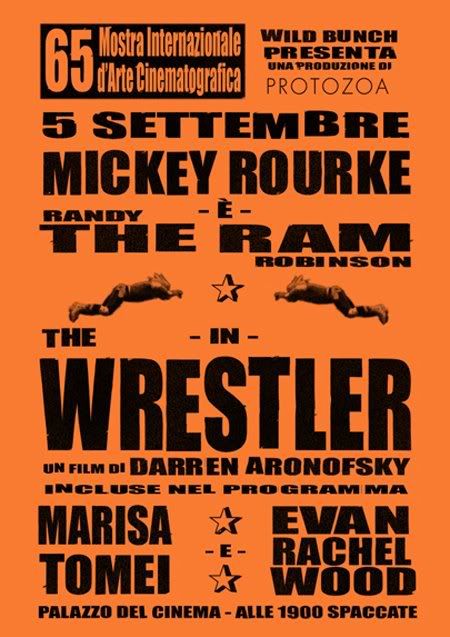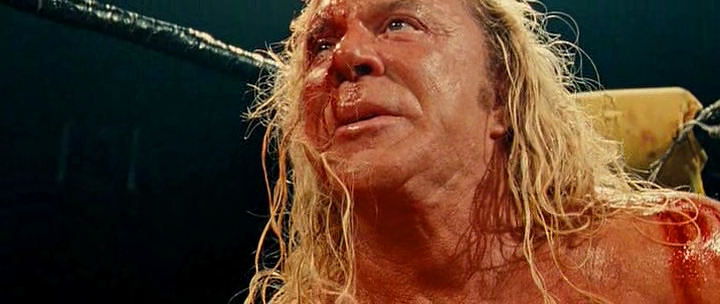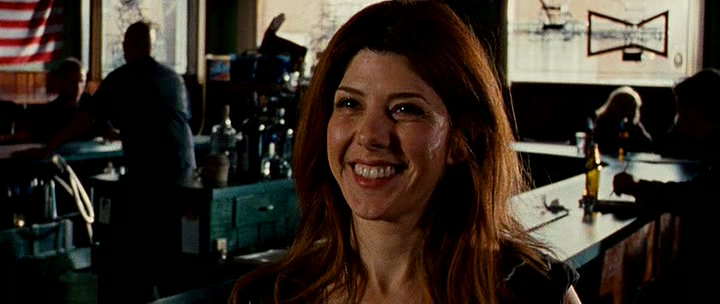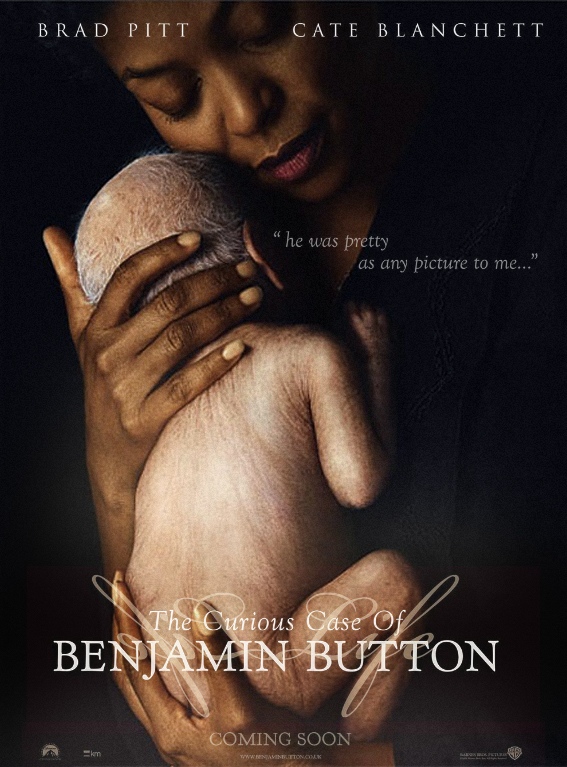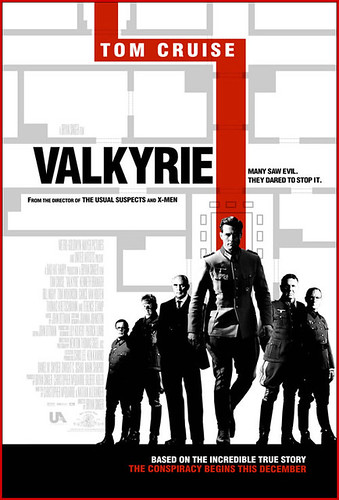
The President of the United States of America is perhaps the most important and influential occupation in the World. Along with the title comes a general sense of reverence and awe. You would think that this quality of inspiration there would be more films about American Presidents, but unfortunately it seems awe of position does not translate to quantity of film. Interestingly, the President with the most films about or related to his administration and legacy is the very same President who devalued the Presidency and disengaged many young Americans from politics. That President is Richard Milhous Nixon. And now we have the latest work in the medium to take a crack at exposing the man: Frost/Nixon.
Directed by Ron Howard and written for the screen by Peter Morgan, based on his own stage play, Frost/Nixon is a dramatization of the famous David Frost interviews. This is not a piece of history I am particularly familiar with, but I had known before seeing the film that the interviews had been the first time since leaving office that Nixon opened up publicly regarding Watergate. The film itself presents both the work that went into getting the interviews to happen as well as the taping of the interviews themselves. Unfortunately, only the latter section works as an intriguing look into the characters or the magnitude of the event.
The first half is defined by its monotonous march toward the interviews. It’s not clear why it takes so long to get to the part of the film the audience wants to see, but the film is not helped by the wait. Too much time is spent on British talk-show personality, David Frost, who, while well acted by Michael Sheen, is not given much depth aside from some extreme personal financial stakes in the endeavour. Too much time is also spent on redundant exposition told through artificially constructed talking-head segments featuring the supporting players. Ultimately Frost just isn’t that interesting as a character and the film does little to add any emotional weight to his situation.

Luckily the film begins to pick up speed when Frank Langella’s Richard Nixon shows up. Langella creates in Nixon a fully three-dimensional character. He is at once despicable and charming. He lives in his own world of anecdotal incidents that make up the good times of his Presidency, while blissfully ignoring the scandals that haunt him. You can see in Nixon’s eyes the deep sadness hidden so well behind his mask; it’s a testament to Langella that he was able to infuse Nixon with a soulful humanity, but never giving him vindication. Nixon is a man who knows he wronged the nation and witnessing a man dealing with a pain no other person in the world can know is beautiful.
Frost/Nixon truly picks up speed when the interviews get going. All we want to see is Nixon taken down a peg, but for the majority of the twelve interview sessions (only four are presented in the film) Nixon’s shell of old stories and rambling dialogue keeps him secure. It is only in the last interview that the shell begins to crack. He can no longer escape the truth of what occurred in the final months of his Presidency and his emotions begin to take over. He teadfastly maintains his innocence, but he lets his pain and sadness bubble to the surface. The film discusses the power of the close-up to see into the soul of a person, and this is put very well into practice in the final interview. The film’s process of recreating and adapting the interviews is an exercise well worth the time. We are able to gain an insight into what it must have been like in the room as the interviews were taking place. It really is electric.
The writing is generally quite good and the direction is acceptable. The conceit of documentary-like talking-heads never really feels natural and mostly does not work at all to enhance the film. Visually there is not much of interest going on, but the film really doesn’t need any great visual flares. Ron Howard once again proves himself to be the best competent-but-uninteresting director in Hollywood. He has no discernible style and his films don’t seem to have many thematic links, but like most of his filmography Frost/Nixon is generally well directed and constructed.

In the end Frost/Nixon, like its title, is two sided and maybe a little schizophrenic. When the film is focusing on David Frost it slows to a halt. When the focus is pulled to Richard Nixon the film is totally engaging. What this creates is really a film where the first half is merely fine, whereas the second half more often than not edges toward greatness. Did this film deserve the Best Picture nomination it got at the Oscars? Not at all. Is the film worth your time? I’d say so. It isn’t a bad film by any means, and the subject is certainly fascinating (though the historical importance of the interviews is exaggerated more than slightly,) but the film never achieves the greatness to so longs for. In the end Frost/Nixon is a decent showcase for the amazing acting talent of Frank Langella, as well as providing possibly the most insightful look into the psyche of the 37th President of the United States.
Read more!




